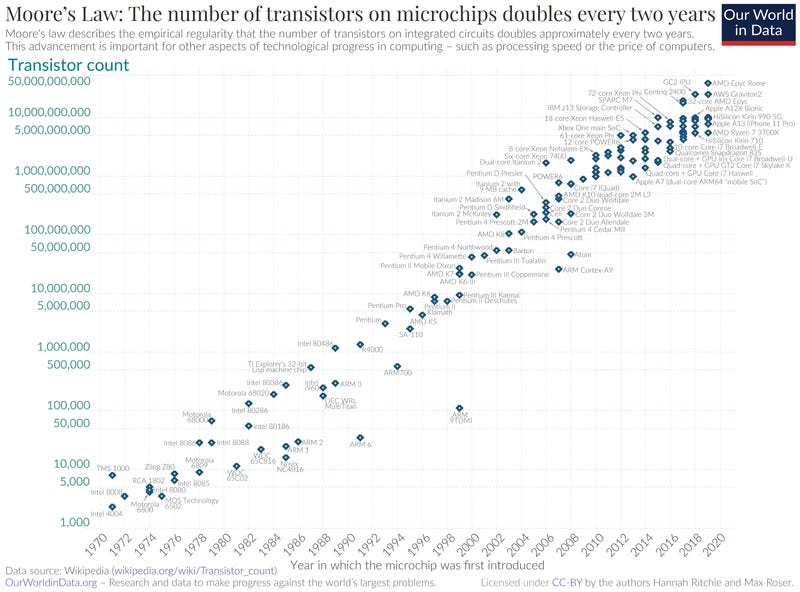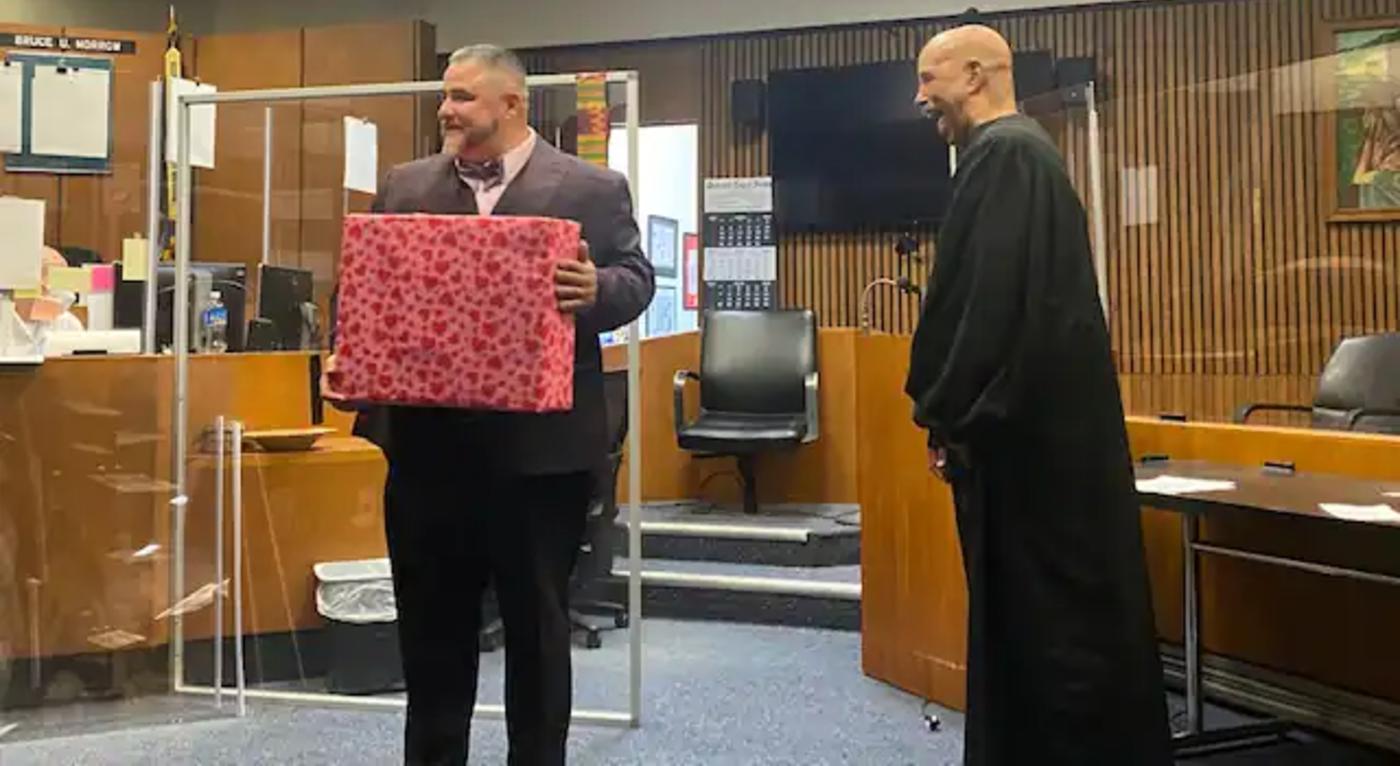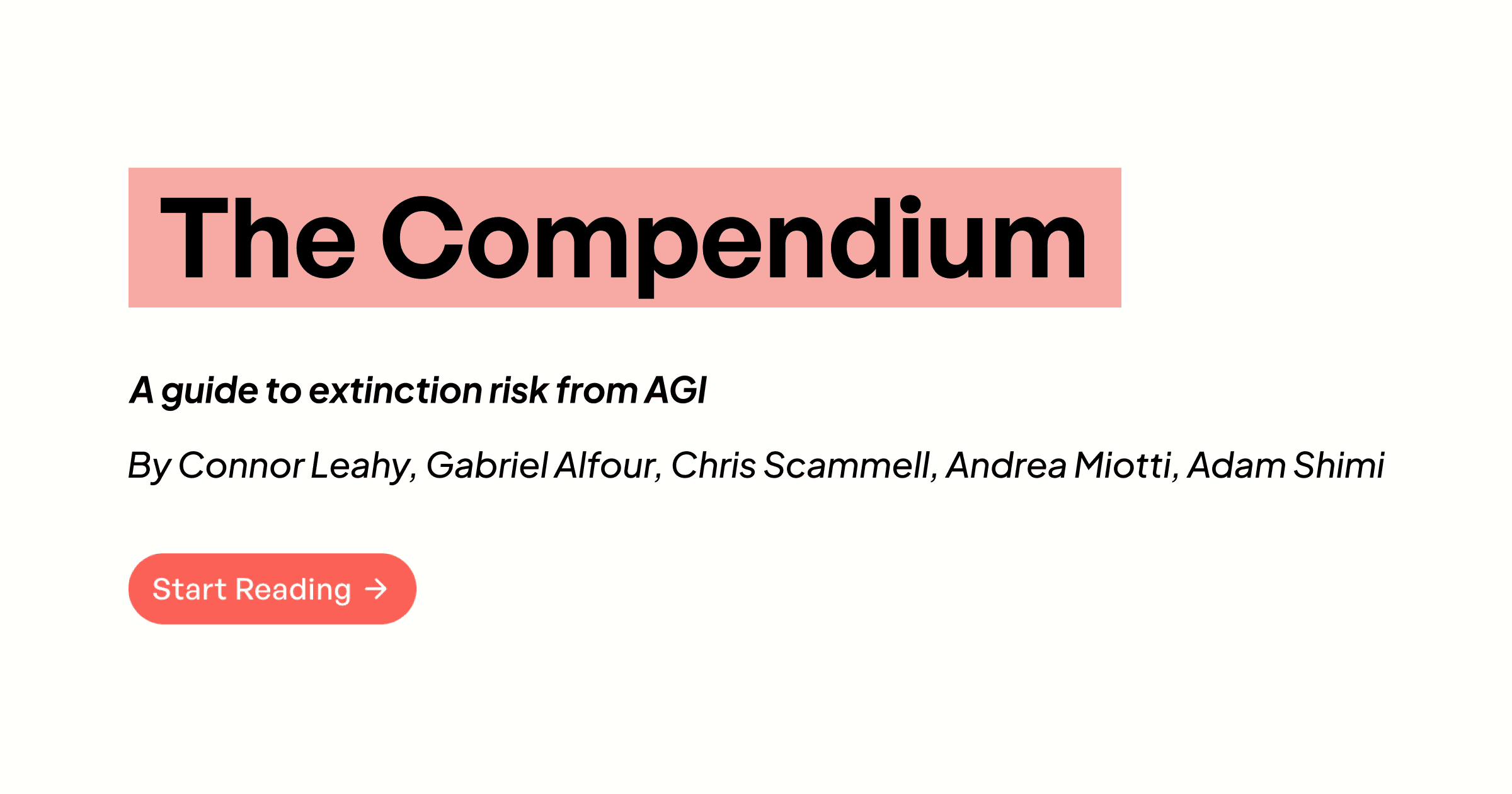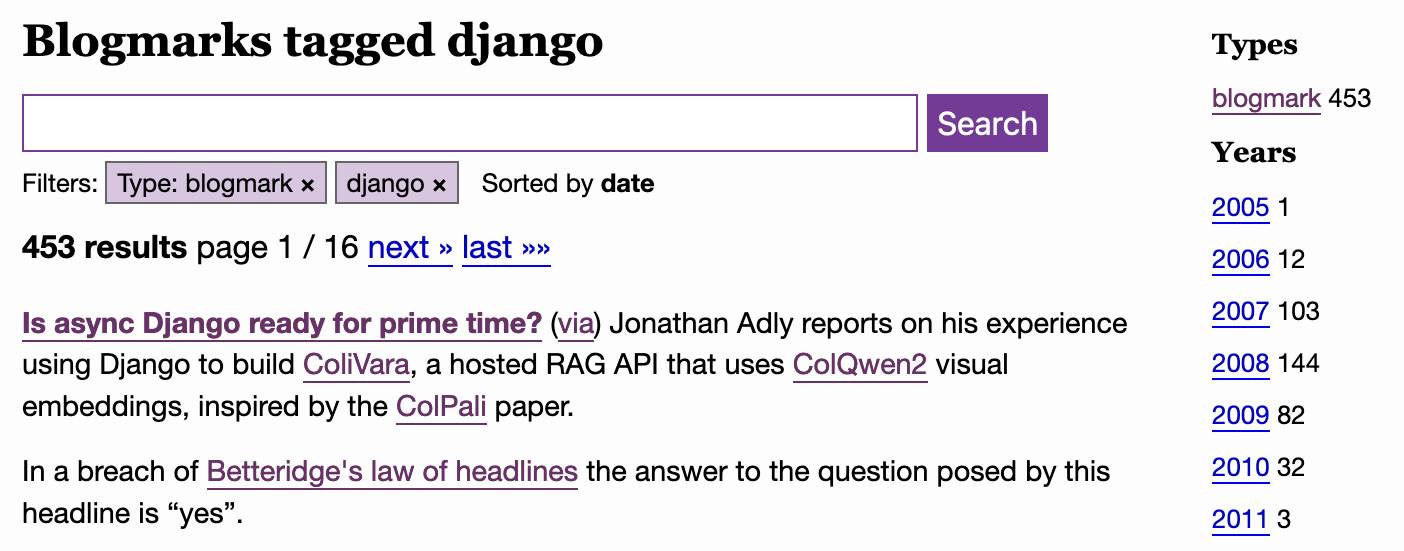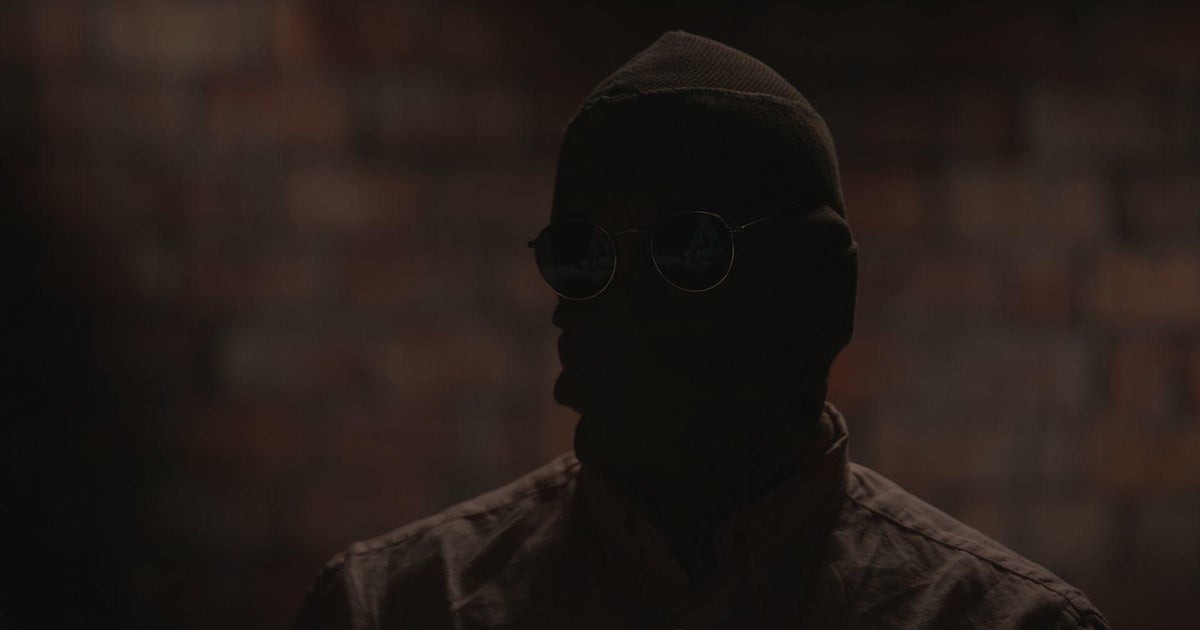
A Mere Hunch - Aliza Hochman Bloom - Inquest
On October 12, 2021, Massachusetts state trooper Bryce Molnar stopped a car for what he claimed was a minor traffic infraction. Within minutes, Molnar had removed both Black passengers from the car; placed one, Warrens Gelin, in handcuffs on the side of the road; and searched his backpack. Molnar never ordered the white driver out of the car, and never even issued a traffic citation. Upon reviewing the car stop, a trial judge determined that “Molnar’s detention of [the backseat passenger] in the cruiser and search of the backpack were not grounded in a reasonable belief that there was a weapon in the car, but rather a mere hunch that he might find some type of incriminating evidence.” Because the Fourth Amendment and its Massachusetts corollary preclude a “mere hunch” from justifying a police search, the court found Officer Molner’s actions “unreasonable and unconstitutional.” The evidence obtained as a result was suppressed, and criminal cases against both passengers were dismissed.
But this evidence, despite having been obtained in violation of the Constitution, was admissible as proof that Gelin had violated his probation—and, because of this, he was sentenced to a three-year prison term. If Gelin’s had not been on probation, this evidence would have been excluded because it was discovered unlawfully. In October 2024, after considering Gelin’s challenge to the admission of unconstitutionally obtained evidence at his probation revocation hearing, the Supreme Judicial Court of Massachusetts (SJC) reiterated that the exclusionary rule does not apply in probation revocation proceedings.
